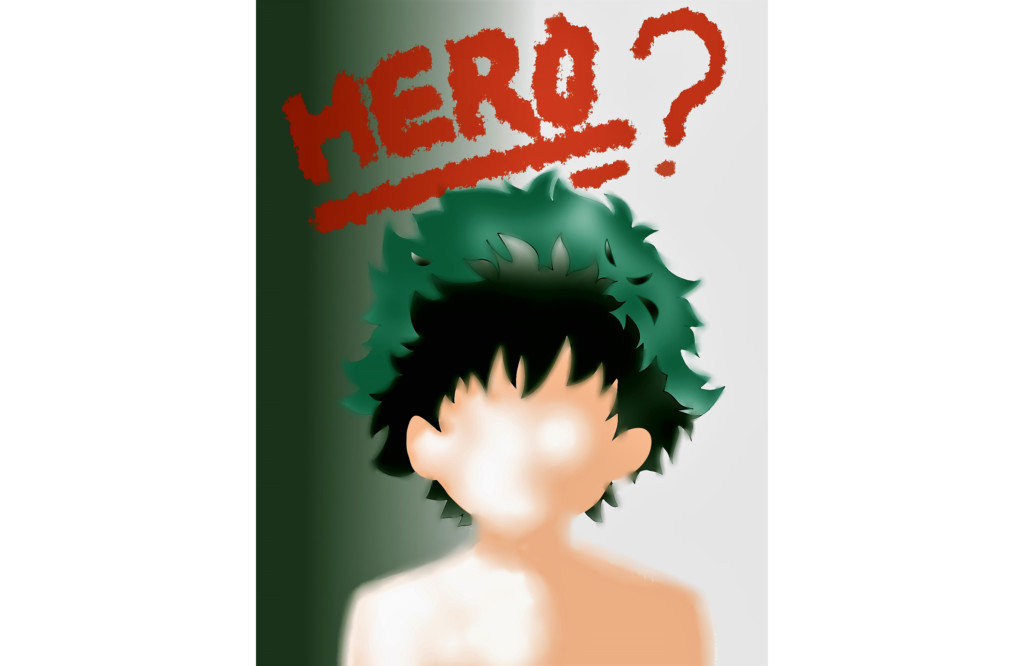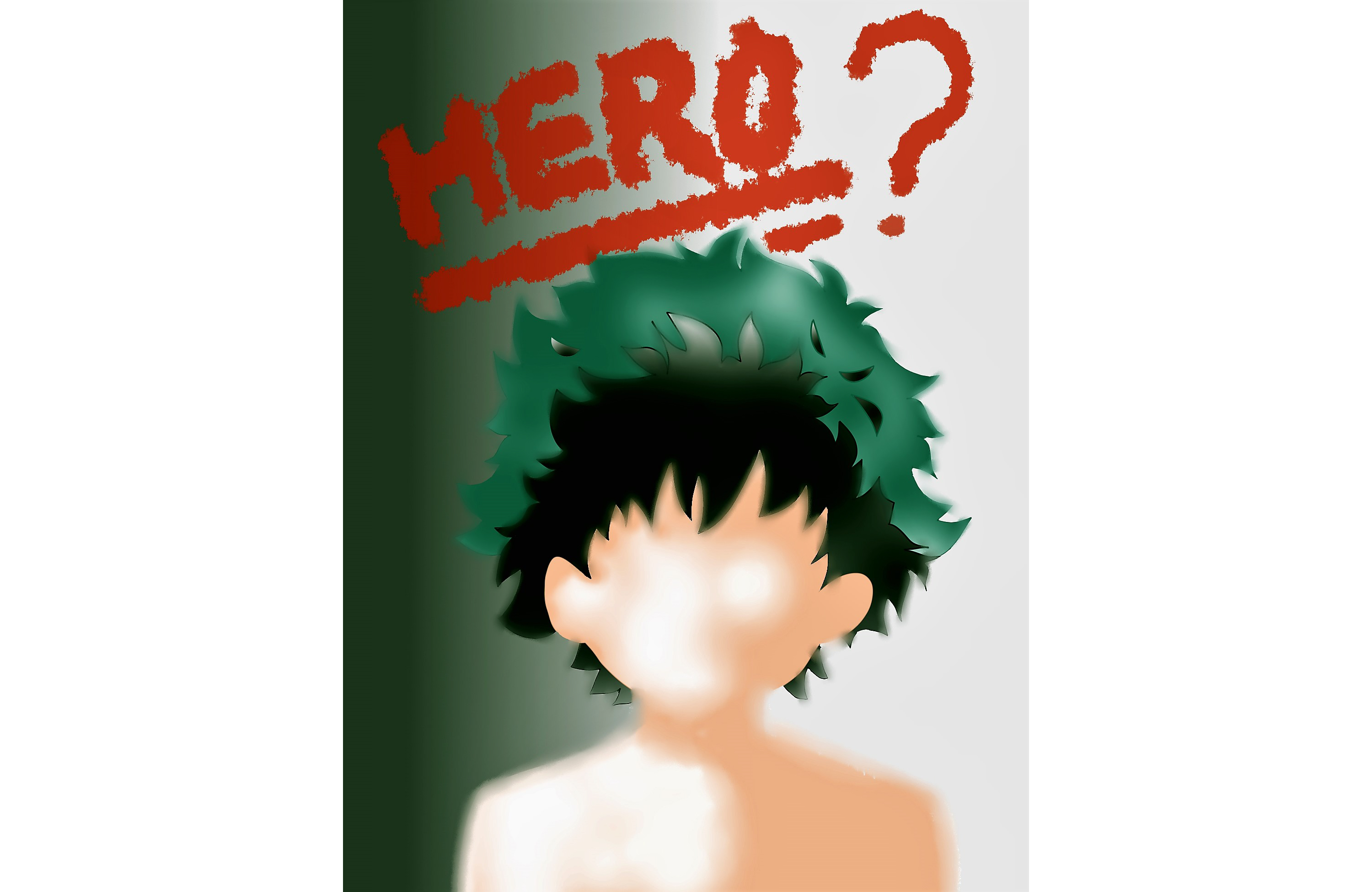Perhaps the most well-known superhero franchise is the Marvel Cinematic Universe. The influences of the American superhero culture have spread around the world and inspired many new productions. While the rage of MCU mania continues to boom, “My Hero Academia” is a rising star that provides a breath of fresh air to the superhero genre.
“My Hero Academia,” also known as “Boku no Hero Academia,” is a Japanese manga series by Kohei Horikoshi. The plot revolves around Izuku Midoriya, a teenage boy who lacks superpowers (called “quirks”) in a world where over 80 percent of the population possesses them. The MHA universe has a special profession called “heroes” who are quirk elites that battle villains. Midoriya eventually acquires a quirk from the strongest hero, All Might, and enrolls in U.A. High School, one of the best academies that trains students to become heroes (basically the MHA version of Xavier’s School for Gifted Youngsters).
The popularity of both Marvel and “My Hero Academia” have spurred conversations comparing the two, but they are in fact very different. While the MCU’s plots include constant themes of unification and separation, MHA focuses on the growth of every character. Most Marvel characters, like Iron Man and the Hulk, are identified heavily with intelligence and science. Others, such as Thor or Spiderman, acquire their powers from birth or luck. Although Marvel character’s experiences are impressive, MHA’s focus on Midoriya and his classmates growth and development throughout the series is more touching and resonating.
Unlike many Marvel characters, Midoriya had to persevere through a series of challenges to build a compatible physical body in order to acquire a quirk from All Might (the best hero in MHA). Essentially, MHA has a traditional Japanese development where the protagonist starts with weaker capacities than stronger characters.
Throughout the series, many characters experience defeat — All Might, Midoriya, and his peers don’t always win. Midoriya and his classmates believe not in winning battles, but that their continuous diligence and persistence will lead them to a successful journey in becoming professional heroes.
The difference between the MCU and My Hero Academia rests on the cultural intricacies in the two media. Marvel emphasized the Western fondness for intelligence and strength. In MHA, All Might is a standard American stereotypical superhero who is ultimately the strongest in the entire series. He holds the title as the “symbol of peace.” His American cartoon-like appearance and abilities are named after states in the U.S. (like California Smash, Texas Smash, United States of Smash).
Although Horikoshi uses All Might to frame the cultural conversation of the prototypical American heroes and modern ideal Japanese heroes, MHA still focuses primarily on the Asian appreciation of perseverance and hard work. For many, this is a much more relatable mindset. This is also one of the most valuable lessons readers can take from MHA: that ordinary people can become heroes through hard work, just like Midoriya. While Marvel’s magnificent heroes are powerful problem-solvers, their personalities and talents make them inaccessible and less relatable to readers.
On top of this relatability, MHA offers a diverse cast of characters that provide endless entertainment for the audience. Each character has a quirk that is extremely different from the others’. While some, like super strength or invisibility, are typical, there are other quirks such as taking the form of what you eat or controlling movements through blood; the impressive list goes on.
Compare this to MCU, which certainly has some diversity, but is male-dominated with powers revolving mostly around sheer strength in one form or another. The diversity in MHA makes it even more relatable to the audience, as everyone can find a quirk that resonates.
In the end, rather than MCU’s focus on what a hero can do, MHA really depicts the discussion of how to be a hero.


